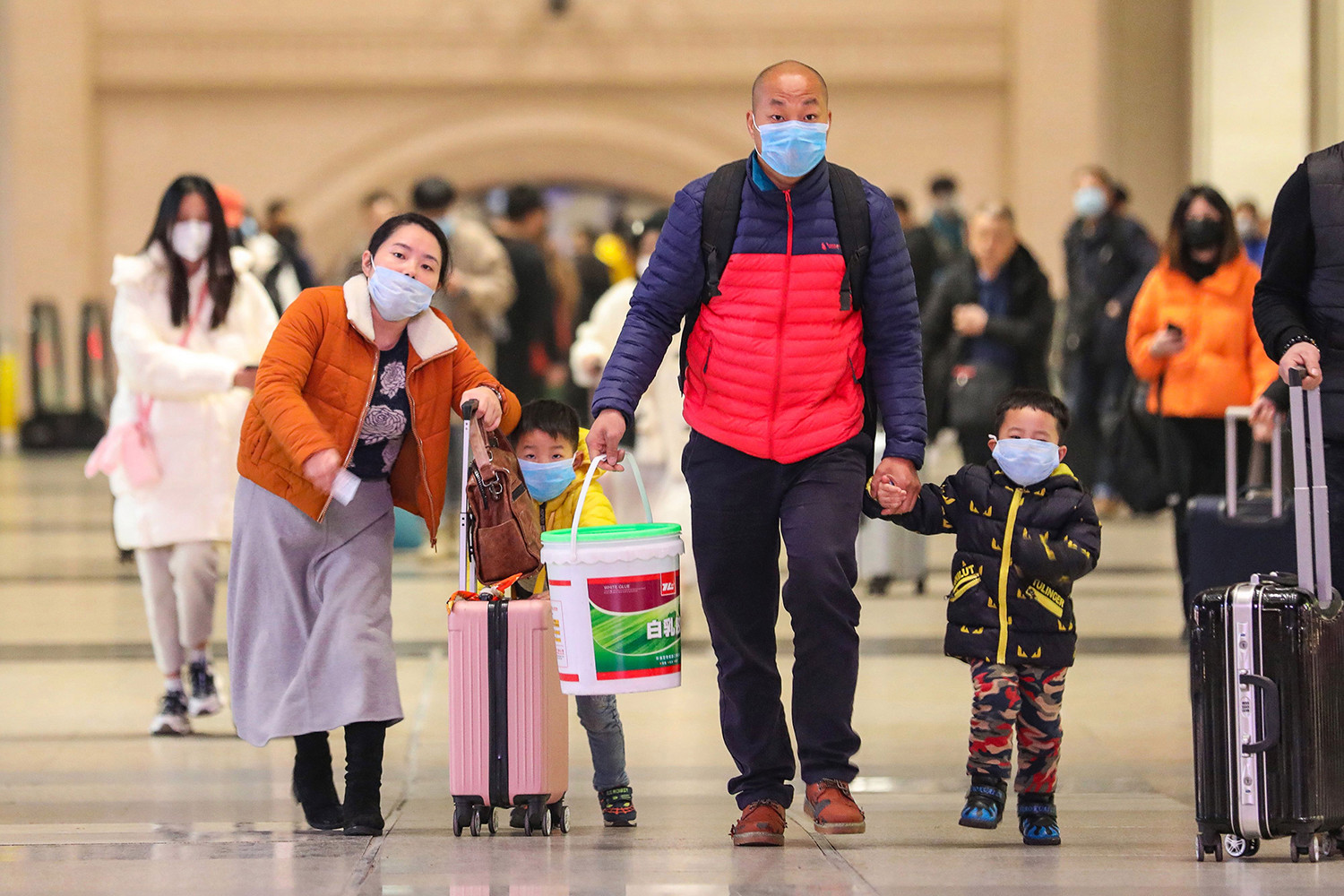Amid the expanding infection rates and global death toll of the coronavirus pandemic, African countries could be among the worst hit due to poor healthcare infrastructure, insufficient resources, and highly vulnerable populations.
Michael Yao, WHO’s head of emergency operations in Africa, told the BBC that “We know how fragile the health system is on the African continent and these systems are already overwhelmed by many ongoing disease outbreaks, so for us it is critical to detect earlier so that we can prevent the spread.”
And yet, for people in Tanzania (and Kenya), things may be getting even worse to prevent the spread of infection because the Chinese are quietly buying up the country’s entire supply of masks and no-contact thermometres, leaving almost 60 million people without adequate protection to survive the pandemic.
The Chinese government says the country can only produce 20 million masks a day, half of what is needed in the current crisis. So, in an effort to meet ramped up demand, enterprising middlemen are now turning to African nations where a relatively limited supply of masks are made.
In Kenya, the price of a 50-pack box of masks has skyrocketed from around $2 before the outbreak, to nearly $10 at the end of last week, some have orders have since topped $15.
“What will happen if corona comes to Kenya? There’s nothing left for us…”
On Friday, one shop manager in Dar es Salaam promised five days to fill an order promising that its factory had increased factory hours from 24 hour-day, five-day week, to to six days a week.
By Saturday, the factory had run out of the cotton needed to produce the masks, but promised they were in the process of flying additional cotton supplies from Turkey.
Last week, Tanzania not yet been hit with as many masks demands and was able to sell masks at a fraction of what was being offered in Kenya. One Kenyan trader said the masks from Tanzania have been delivered via informal border backroads in order to avoid tariffs.
Kenya’s no-contact thermometer guns have also been met with increased demand. According to an exporter, though some of the guns are made in Kenya, a good number were imported from China only to be exported back again. The average price of a thermometer gun has jumped by 40% to as high as $35 from around $25 before the outbreak.
Demand for facemasks and other vital medical supplies have risen their price on the market globally.
“Demand is up to 100 times higher than normal and prices are up to 20 times higher,” said WHO director-general Tedros Adhanom Ghebreyesus at a news conference in Geneva this week. He has urged against hoarding medical resources during the crisis. “This situation has been exacerbated by widespread and inappropriate use of [personal protective equipment] outside patient care. As a result, there are now depleted stockpiles and backlogs of four to six months. Global stocks of masks and respirators are now insufficient to meet the needs of WHO and our partners.”
Fear of the virus spreading throughout Africa is still high. A number of countries have stopped flights from China and placed quarantines on visitors from affected regions, but Ethiopia has been staunch in its refusal to restrict China bound flights.
The African Union and the WHO have increased emergency preparedness efforts for coronavirus on the continent training “eighty participants from eighteen African countries” on “enhanced surveillance at points of entry…points of entry surveillance officers, national surveillance officers, airport authority officers, and representatives of airlines.”
But, if the outbreak does reach Africa, citizens are unsure if preparedness efforts alone will be enough.
At the Nairobi supplier where thermometer guns are being prepared for export back to China one worker notes: “What will happen if corona comes to Kenya? There’s nothing left for us…”


